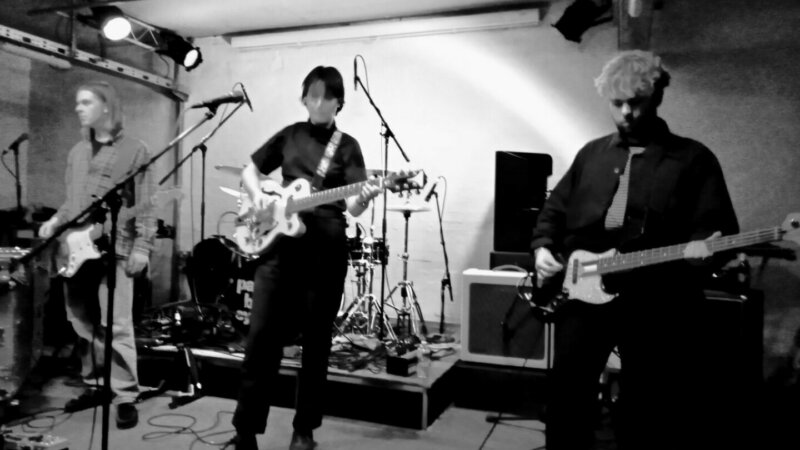Sound
Audience attendance in Sheffield.
So it’s March already, and once again my new year’s resolution to go to more concerts, theatre and galleries has yet to have much effect. I know that I’m not alone in this, as I’m currently carrying out some research about arts attendance in Sheffield, and hearing about a range of reasons that stop people attending:
“I don't attend as frequently as I would wish because of pressure of other commitments.”
“I would go to arts events more often if they were free or cheaper and if I could be sure of the quality.”
“I don't have time to go to things I may not enjoy or am not that interested in.”
This research forms part of a ‘cultural value’ project, funded by the Arts and Humanities Research Council, who are supporting university researchers to investigate the place of the arts in our society – a timely aim given the erosion of arts education in schools and the collision of public funding cuts and cautious personal spending in a time of recession, all of which are threatening the stability and ambition of arts organisations across the country.
The reasons why people participate in the arts are fairly well known from anecdotal evidence and research. Being in an amateur performing group brings a sense of belonging, satisfaction and enjoyment that is hard to beat. Adults who devote time and effort to this activity are often building on memorable experiences of being involved in school musicals, plays and concerts. If they no longer have the time or inclination to perform themselves, their attendance at live arts performances fulfils some of that need to enhance or escape from everyday life. Yet our theatres are not full and our audiences for classical music are apparently ageing. So if the arts bring such satisfaction to the people who do engage with them, what are the experiences and opinions of the people who don’t?
Working as part of the Sheffield Performer and Audience Research Centre (SPARC) in the University of Sheffield music department, along with research assistant Katy Robinson, I’ve been gathering the views of current, lapsed and potential arts audiences in Sheffield. We’re also talking to some of the many amateur musicians and singers in the city, some of whom might have had gaps in their past arts involvement, or know of others who have left their ensemble or stopped playing their instrument.
One question we’re exploring with local audiences concerns their attitudes to Sheffield as a city for the arts. So far we’re finding quite a positive picture, though admittedly from those people who do attend live arts events and then took the time to fill in our survey afterwards. According to regular and occasional arts goers, Sheffield is a thriving cultural city that is perhaps under-appreciated by its own residents and certainly under-recognised nationally.
Amongst the positive endorsements were concerns about reductions in funding, seen to be having a negative effect on the opening times of galleries and leading to more cautious programming in major venues. Sheffield was compared unfavourably with other similar sized cities, particularly in its provision of opera, contemporary dance and orchestral concerts. Despite this, the strong amateur scene in the city was mentioned as part of its cultural character: “Loads and loads of artists, makers, musicians, writers and doers, all working hard on projects and joyfully sharing them.”
The next phase of the research will involve an audience exchange. Regular concert goers are taken to see contemporary dance, or cinema goers are transplanted to the theatre. You can get involved in this by completing our online survey. We’ll provide free tickets for an arts event and a drink in the bar afterwards in exchange for your views about the experience of attending a new art form for the first time.
We’ve had lots of support from venue staff at the Showroom Cinema, Sheffield Theatres and Music in the Round, as well as the members of performing groups and audiences who have responded to our survey. But we still need many more responses to help make this research a significant contribution to the cultural value debate. If you or your friends fit the categories of regular or occasional arts attendees, or current or lapsed musical participants, visit our site and click ‘Questionnaires’ to complete the relevant survey or spread the word by passing on the link. Alternatively, get in touch over Twitter or Facebook, and tell us:
- What do you think about Sheffield as a city for the arts?
- What are your own reasons for going – or not going – to see live arts events?
- What would persuade you to go more often to see live arts?
SPARC )





